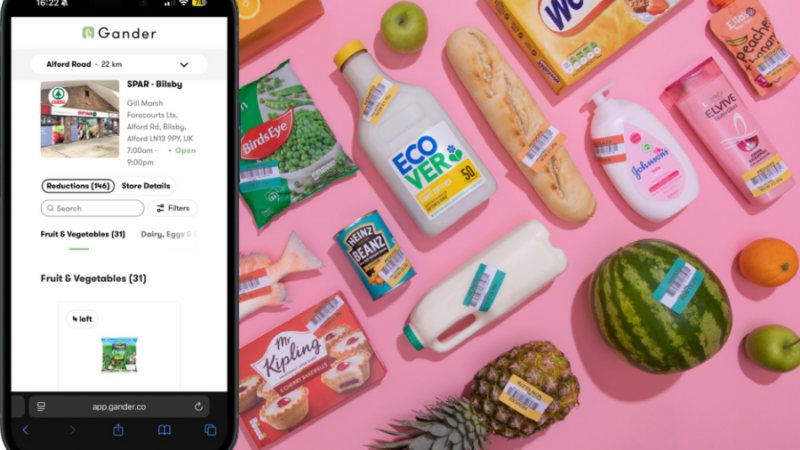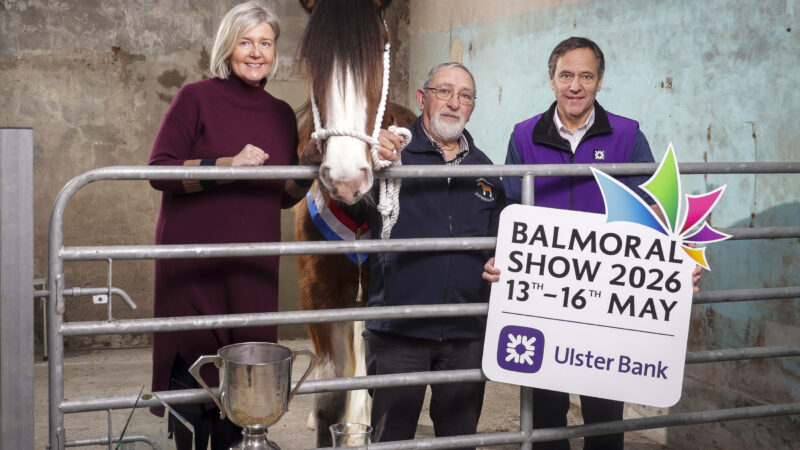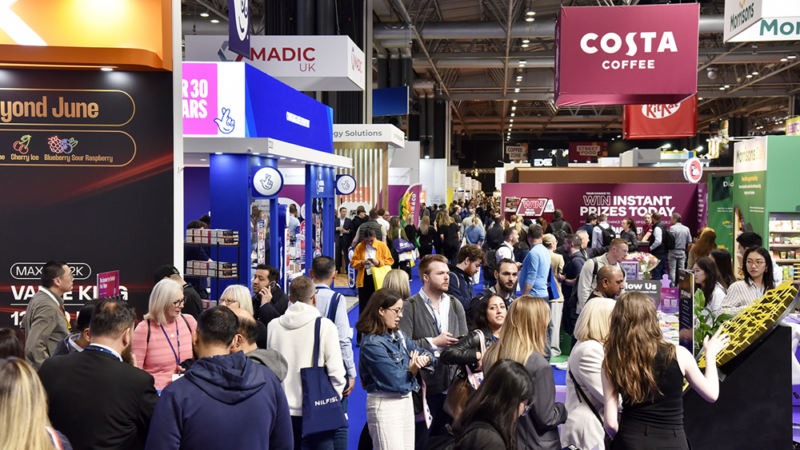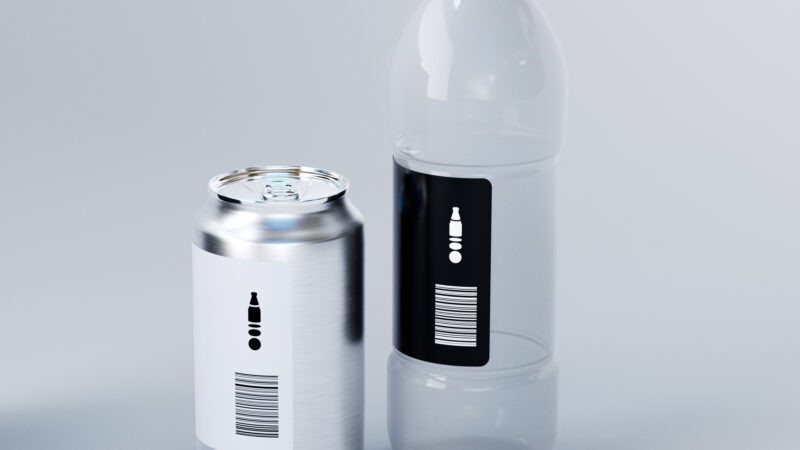A message from the Trade
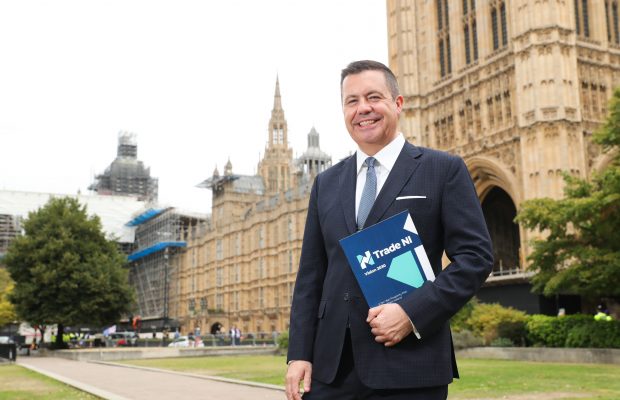
As Northern Ireland begins to come out of the COVID-19 crisis, Trade NI leaders tell NR what they have been doing to support the industry over the last three months.
Glyn Roberts
CEO, Retail NI
Since March we have tried to adopt a treehouse approach to help the members that have been hardest hit by the crisis. It’s a challenge because people forget that small independent retailers, the ones who have been open throughout this crisis, have played an immensely important role in many rural areas and small towns making sure that particularly vulnerable members of the community have access to food and vital products.
What we have been trying to do is make sure those retailers get enough support to remain open and continue to serve the community. In many respects they became almost like a public service in the same way the chemist and doctors did.
The majority of Retail NI members received a small business grant and we were successful in lobbying the government to get a rates holiday for a full year. At one point we were talking to ministers on a daily basis as it was very important to us that the right levels of government support got down to the businesses that needed it the most.
I think that we’ve achieved a considerable amount but it is disappointing that we weren’t able to get support out to all of our members.
One of the biggest challenges was that the small business grant had a £51,000 cap and some of our members sadly didn’t qualify. Likewise, while the rates relief was very welcome, retailers with a store greater than 300m2 weren’t able to benefit from the full 12 months rates holiday. It’s an ongoing situation and we are still working to get these retailers support additional help.
The next piece of the jigsaw is to address the multisite small business grant. Businesses in Northern Ireland are only eligible for one grant per business whereas in the rest of the UK businesses can claim per property. What we’re saying is; if it’s good enough in Bradford or Bolton, it’s good enough for Belfast.
What we are also focusing on is the ability to get the entire retail sector opened in a safe way. A key aspect of this is ensuring there is a proper town and city centre reopening plan as well. This includes ensuring things like sanitisation, deep cleaning, sign posting social distancing, stewarding, and changes to highways and public transport are dealt with. We can have all the plans we like, but unless shoppers and consumers feel safe and confident about going back into the high street, we’re not going to achieve anything.
I think that shopping local is now more important than ever and I have no doubt that this will continue as we move to the other side of this crisis. Retailers are now stepping up and seeing themselves as community champions. Of course, another important shoutout is to the retail staff. In many respects our retail staff are very much the heroes of this – coming into work every day, putting their own health at risk to continue to service customers and ensure food and other essential products are available. We must remember this when things return to normal.
I do think whilst high streets are eco systems of lots of different types of business, many food retailers have traded well. Large amounts of the wider retail sector haven’t, so we need to ensure our industry as a whole is fit for purpose for the ‘new normal’.
Stephen Kelly
CEO, Manufacturing NI
The crisis began for us in the first week of March when we started to get lots of enquiries. Since then we have been creating, collating, and sharing the best information we could find so the manufacturing sector can make the right decisions. Secondly, taking on board their issues and concerns and relating those to policy makers and service providers to ensure we keep people safe and we keep businesses safe.
While this sector has never been compelled to shut down, several businesses did take the decision to close. Primarily, they spent this time re-engineering what they do to ensure that new health and safety guidelines are guaranteed within the workplace. Members have had to be very inventive in terms of shift patterns, adding on new temporary space, and putting up screens between people on the production line. The sector has really thrown everything at ensuring they meet new guidelines.
Much of the sector is back but not all the work force is. We surveyed the sector earlier this week and 50 per cent of respondents said that they anticipate they might lose up to a third of their workforce this year. In addition to that, 1 in 8 of all manufacturers are unsure whether they will be able to survive the rest of this year.
Many micro-manufacturers benefited from £10,000 business grant but small manufacturers, who are often the main employer in rural communities in Northern Ireland, need urgent financial intervention.
We’re very proud of the sector stepping up in order to meet the emergency demands of our front-line services. Around 600 manufactures have repurposed what they do and are now producing everything from medical scrubs to machinery. It’s a very positive step up but one that is not surprising to me – at heart these are very community focused problem solvers.
Now we have the sector restarted we need to rebuild it. We would hope as part of any rebuilding plans that the Executive would consider using their buying power to contract local suppliers to make sure more money goes locally.
The Executive should take confidence in the fact that they were able to come together in the middle of a crisis and take decisions, brave decisions, very quickly. We now need the Executive to be less tentative in their restart plans as the quicker we are at safely reopening the economy, the more likely it is that we will be able to protect some of the jobs out there.
Colin Neill
CEO, Hospitality Ulster
In the initial phase we were focused on saving the industry, the businesses in it, and the jobs. On the day that Boris Johnston closed us down we faced tens of thousands of job losses across the sector. Thankfully, we linked up with our sister organisation UK Hospitality and put in an extensive lobby before the Furlough Scheme was announced.
Since then, we have been heavily lobbying the Assembly for grant aid, rates relief and a date to reopen. There are still 105 pubs and 110 hotels that have not got any grants and we are keeping the pressure on that.
We have also been working with our partners in UK Hospitality and NI Hotel Federation on how we come back from this. Unfortunately, 1 in 4 business in hospitality sector could be lost along with 16,000 jobs.
There is a lot of work going in behind the scenes and we have put forward a 12-point plan lobbying both the NI Assembly and Westminster for continued financial support, tax cuts and additional backing for businesses that cannot implement any level of social distancing
We welcome the Minister’s announcement [that hospitality sector will be allowed to reopen on July 3] which is a significant milestone in what will be a long and challenging path to rebuild our hospitality sector.
The Covid19 pandemic has taken many lives across our communities and it is important that we recognise the serious nature of this virus and the continued threat it poses, but we must also ensure that as many families as possible do not also lose their livelihoods. Pre Covid19, 65,000 people depended on us to put bread on their tables and a roof over their heads, we must now strive to save as many of those jobs as possible.




